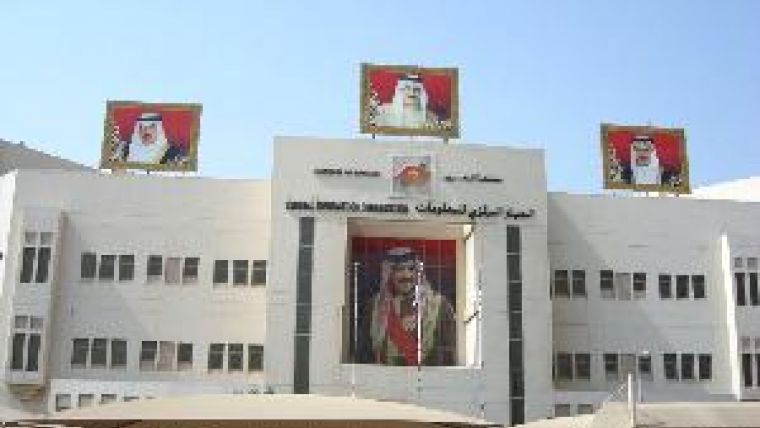Bahrain Spatial Data Infrastructure
The National Spatial Data Infrastructure (NSDI) for the Kingdom of Bahrain was officially implemented in February 2005 by the GIS Directorate of the Central Informatics Organisation (CIO), Kingdom of Bahrain. This was in compliance with a Government decree, in accordance with which the Bahrain Spatial Data Infrastructure (BSDI) Portal serves both public and private sectors, academic institutions, and the Kingdom of Bahrain.
Powerful Tool
The BSDI Portal operates on a GIS database of data layers containing important information including street centre-lines, addresses, electricity and water, transmission and distribution, telecommunica-tions, gas and oil pipelines, sewerage and drainage. More than twenty government and private authorities currently benefit. The CIO created and employs the portal as a powerful tool for economic and social development and environmental management, enabling the full potential of GIS technology. The aim is to improve the efficiency of government and other organisations by creating a Spatial Data Clearinghouse with centralised data repository supporting the development of integrated GIS systems.
Applications
The Portal is structured as a network of databases throughout the Kingdom, which collectively provide fundamental data for applications such as socio-economic human resources, surveying and mapping, facilities management (AM/FM), demand for analysis and modelling to support resource management and planning, transportation, automation of land records, multipurpose cadastral, development and environmental mapping.
Info Highway
The aim of the BSDI Portal is to facilitate and coordinate exchange and sharing of spatial data among GIS role-players throughout the Kingdom of Bahrain. Designed as an ‘information highway’, it is intended to act as an important resource for decision making and development of an innovative and competitive spatial-data industry. The Portal leverages the national investment in GIS technology and database by establishing a necessary framework of policies, partnerships, standards, data, procedures, technology and institutional capabilities needed to support more effective data sharing and utilisation of Geographic Information (GI).
The Portal has enabled CIO in Bahrain to participate constructively in regional and global initiatives concerning spatial-data infrastructures, and so to assist countries in the region in developing their economies. It also provides a regional framework within which all existing arrangements can operate, and can provide the basis for future cooperation at national, regional and global levels. Easily available information will help decision-makers in efficient planning, studying and coordinating government services. It will also eliminate duplication of effort in development and capture of geospatial layers.
Cost Reduction
Implementation has assisted in creating a fully integrated GIS system, to be shared by a community of collaborating stakeholders in both government and public sectors. It has led to substantial reduction in development costs of digital geospatial data, and facilitated both quick service delivery and easy accessibility to geospatial data.

Value staying current with geomatics?
Stay on the map with our expertly curated newsletters.
We provide educational insights, industry updates, and inspiring stories to help you learn, grow, and reach your full potential in your field. Don't miss out - subscribe today and ensure you're always informed, educated, and inspired.
Choose your newsletter(s)
























